In his bid to become the prime minister of Canada, Mark Carney turned to sports.
Not only did his “elbows up” campaign slogan sweep the nation, but in an ad, he delivered the rally cry alongside iconic actor Mike Myers just outside the boards of a hockey rink.
Carney went on to win the election, rallying votes through hockey imagery to counter threats from the United States at the time.
Months later, the 4 Nations Face-Off — the first best-on-best men’s hockey tournament since 2016 — brought Canadians back to that feeling of being inside the rink, capped by Connor McDavid’s overtime goal to beat the Americans.
It is apparent that Canadians rally around hockey. We know the sentiment exists with other sports too — think of this Blue Jays’ World Series, or the Raptors’ 2019 title run, or Bianca Andreescu’s U.S. Open victory, or the men’s 4×100-metre relay gold medal at the Paris Olympics.
What’s less clear is why the political push to increase funding to sport in Canada — core funding has remained stagnant for 20 years, and some national sport organizations (NSOs) will have their budgets slashed next year — has not occurred.
“Prime Minister Mark Carney obviously loves sport and gets out there to cheer on Team Canada, but also recognizes that it just brings our communities together like nothing else,” Adam van Koeverden, the Olympic sprint kayak champion and four-time medallist who now serves as secretary of state for sport, told CBC Sports.
“So there’s every good reason to look at how we continue to develop this incredible thing while bringing along every level of potential funding and investment.”
There is little disagreement over the benefit of sports to the country.
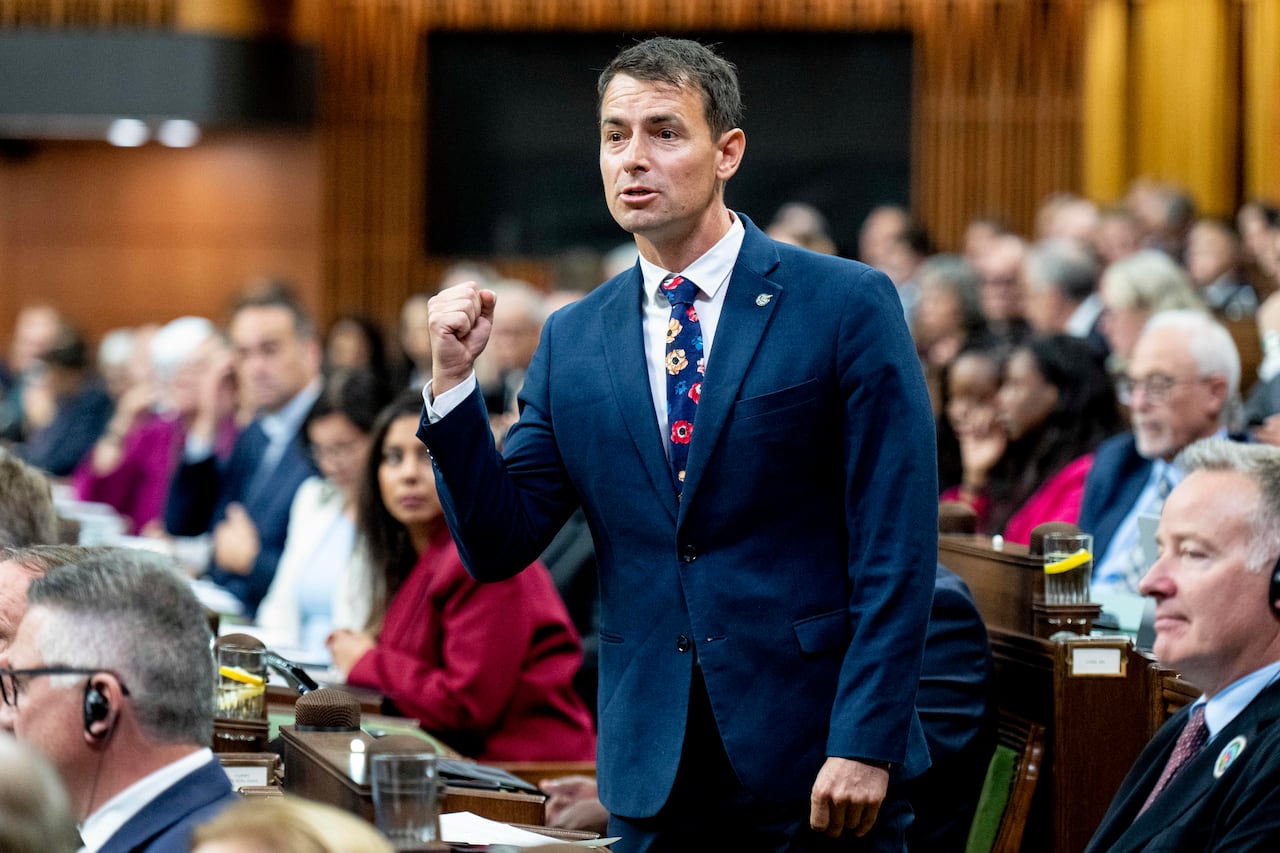
Deloitte report
In 2019, the Canadian Olympic Committee (COC) commissioned a Deloitte report which revealed that a one per cent increase in physical activity would result in $1 billion in yearly savings for the federal government, while sport tourism generated $7.4 billion for Canada that year.
This past August, The Future of Sport in Canada Commission — which was created in December 2023 to review all matters sport in the country and has since received $10.6 million in federal funding — recommended the government “urgently increase the core funding to national sport organizations and national Para sport organizations.”
“The funding needs to be adequate to support core operational requirements and address long-term priorities, including improving safe sport,” per the report.
Of 71 recommendations made by the Commission, funding is the only one with the word “urgent” attached.
The report also notes that over the past five years, the federal government has invested over $1.3 billion into the sport system, with an average of more than $263 million per fiscal year.
NSOs have had to significantly tighten the screws, making cuts and slashing expenses wherever possible.
But here’s the conundrum: for many NSOs, revenue comes from the top — from senior national teams who drive corporate interest and Own The Podium consideration. It is difficult, then, for NSOs to justify cutting expenses there, at least as much as possible.
And so it is the lower levels that are affected — age-group teams receive less support, and youth registration costs go up, leading to an even higher cost barrier to entry than already exists.
“We’re borrowing from the future to pay for the present,” said Canada Basketball CEO Mike Bartlett, who is also co-chair of the summer sport caucus alongside Swimming Canada CEO Suzanne Paulins.
CBC’s Power & Politics host David Cochrane sat down with Canadian Olympic Committee Chief Executive Officer and Secretary General David Shoemaker and Olympic and world champion sprinter Andre De Grasse, to discuss the COC’s call to increase funding to Canada’s sport system.
Boost in funding
In August, the government announced a $4.5 million boost in funding to support community initiatives, which went toward the Canadian Paralympic Committee, Athletics Canada and other organizations.
The 2025 federal budget will be revealed on Tuesday.
Still, the trickle-down effects are multi-fold, but put simply: fewer Canadians involved in sports from a young age would lead to less physical activity and thus more strain on the healthcare system, while also halting the development of future Olympians.
Not only might medals come less frequently, but Canadians’ daily lives — like, say, wait times for a doctor — could be indirectly affected.
It’s why multiple people, including Julie Stevens — a professor in Brock University’s sport management department who has worked closely with the Canada Games and whose research has focused on transformation within the sport system — describe sport funding as an investment.
“What we need now is a commitment to fund participation, which would mean NSOs have the space and the freedom to innovate and transform by focusing on the lower levels of the system that they work with,” Stevens said.
Stevens said NSOs now are stretched to their limit.
“I believe NSOs are doing the most they can with the operational funds they receive through federal government support. And what they’re trying to do is balance between sustaining programs while at the same time finding ways to innovate and respond to the needs of their sport. And when you’re under financial crisis, it’s really difficult to innovate,” she said.
2004 Olympic champion Adam van Koeverden outlines his vision for reshaping Canada’s sports system—from grassroots participation to high-performance excellence.
NSOs rely heavily on government funding
As of 2019, 90 per cent of NSOs relied on government funding as a primary revenue source, per Deloitte.
“I do think this is a great opportunity for the government of Mark Carney to say enough is enough,” Canadian Olympic Committee CEO David Shoemaker said. “He’s a hockey player. He played goalie at Harvard. He spent time on the ice with the Oilers. He was at the Women’s World Cup. He gets it. He understands the power of sport and I have high hopes that he’ll seize this opportunity.”
Of course, federal funding is not the only source of revenue for Canadian sports.
Corporate sponsorship has not waned quite as much — the COC has 37 private partners — but it remains a tough sell, especially for NSOs like Canoe Kayak Canada, which lack the general interest and star power that, say, Canada Basketball has with Shai Gilgeous-Alexander or Swimming Canada owns with Summer McIntosh.
There are 64 NSOs operating in Canada. If only 10 per cent do not rely on federal funding, that means about 57 are still fighting for whatever corporate scraps are left over.
“I think if you talk to six national sport organizations, you might get eight [different] responses about how it’s going financially,” van Koeverden said.
Bobsleigh Canada Skeleton CEO Kien Tran described negotiations with corporations as being “very, very difficult.”
“Let’s face it, we’re a niche sport, right? We’re not Hockey Canada. We don’t have that kind of reach. So it’s [about] finding sponsors that align with us and align with what we’re trying to do,” Tran said.
Van Koeverden added that he spends dinner every Monday with leaders in the sport sector, where they discuss the issues of the day.
“Very clearly national sport organizations and athletes in particular are not looking for handouts. I don’t think they are. I think they’re looking for opportunity. They’re looking for more opportunities to do business, more commercial engagements, better hosting opportunities so that it can drive own-source revenues,” van Koeverden said.
“That’s the type of engagement and participation and partnership that I think more and more national sport organizations are trying to demonstrate.”
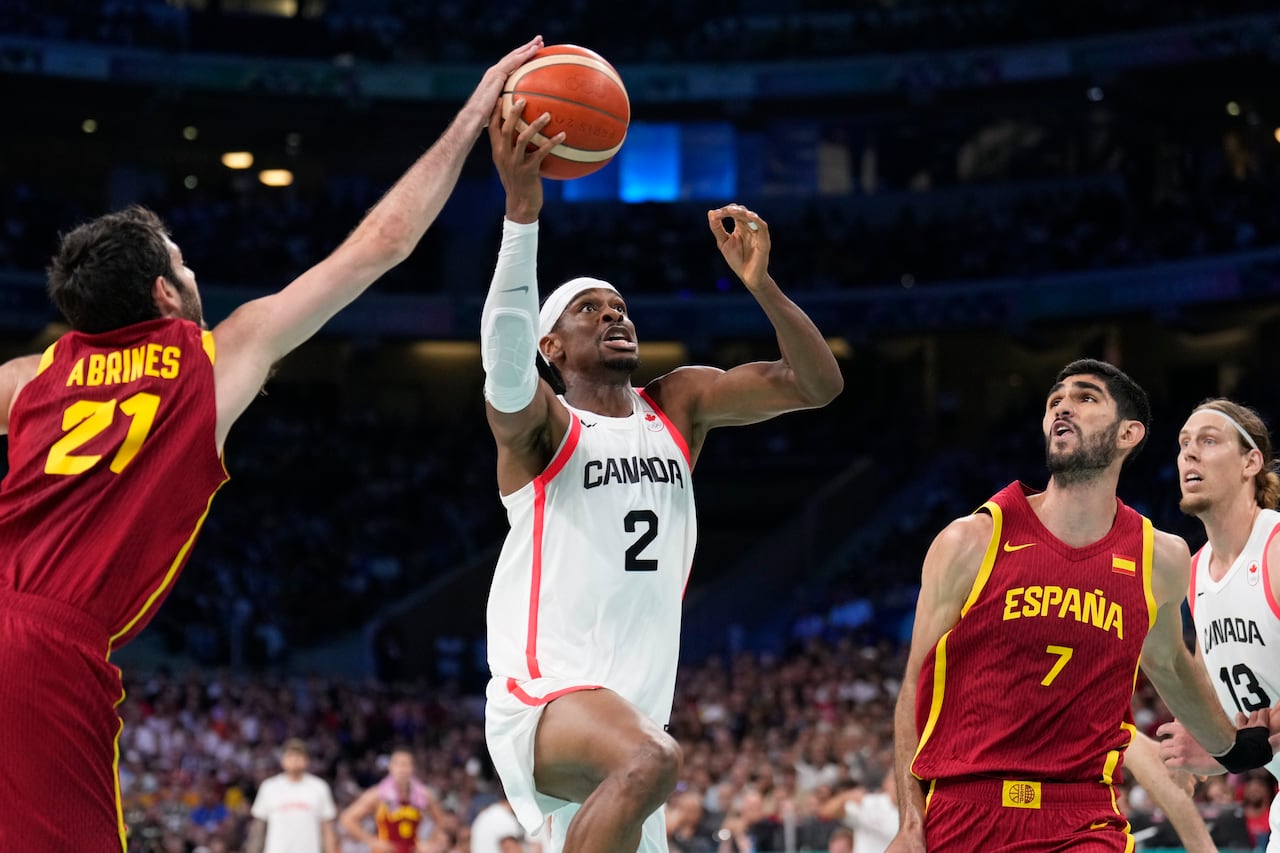
Athletes left to pitch themselves
Still, when push comes to shove, organizations themselves can have little to sell – events might be the main feature. Thus athletes, who get the financial burden pushed onto them, are left to pitch themselves. Some are successful in that right; others aren’t.
Hayden Mayeur, a 28-year-old speed skater who has two world championship medals but has never competed at the Olympics, acknowledged that he is not the most marketable athlete.
Yet he has figured out one way to bring himself corporate dollars.
“I’ve [got] sponsors on my team jacket. Cool. Well, are you just going out and skating World Cups or are you going to visit kids at the local hospital? Are you going to a charity golf tournament?” Mayeur said.
“It’s community involvement that [corporations] seem to care a lot more about because then they get to associate themselves with you as an athlete and they’re associating themselves with somebody who’s doing good things in the community.”
Still, the time commitment is just one more step in the vicious cycle — a lack of funding to NSOs filters to athletes, who stretch themselves thin to make ends meet, which could lead to underperformance, which causes funding to go down.
The weakening of the Canadian dollar has also affected NSOs.
At its most basic, to qualify for the Olympics, athletes must travel across the world, taking part in different competitions whose results contribute to a formula that determines who competes at the Games.
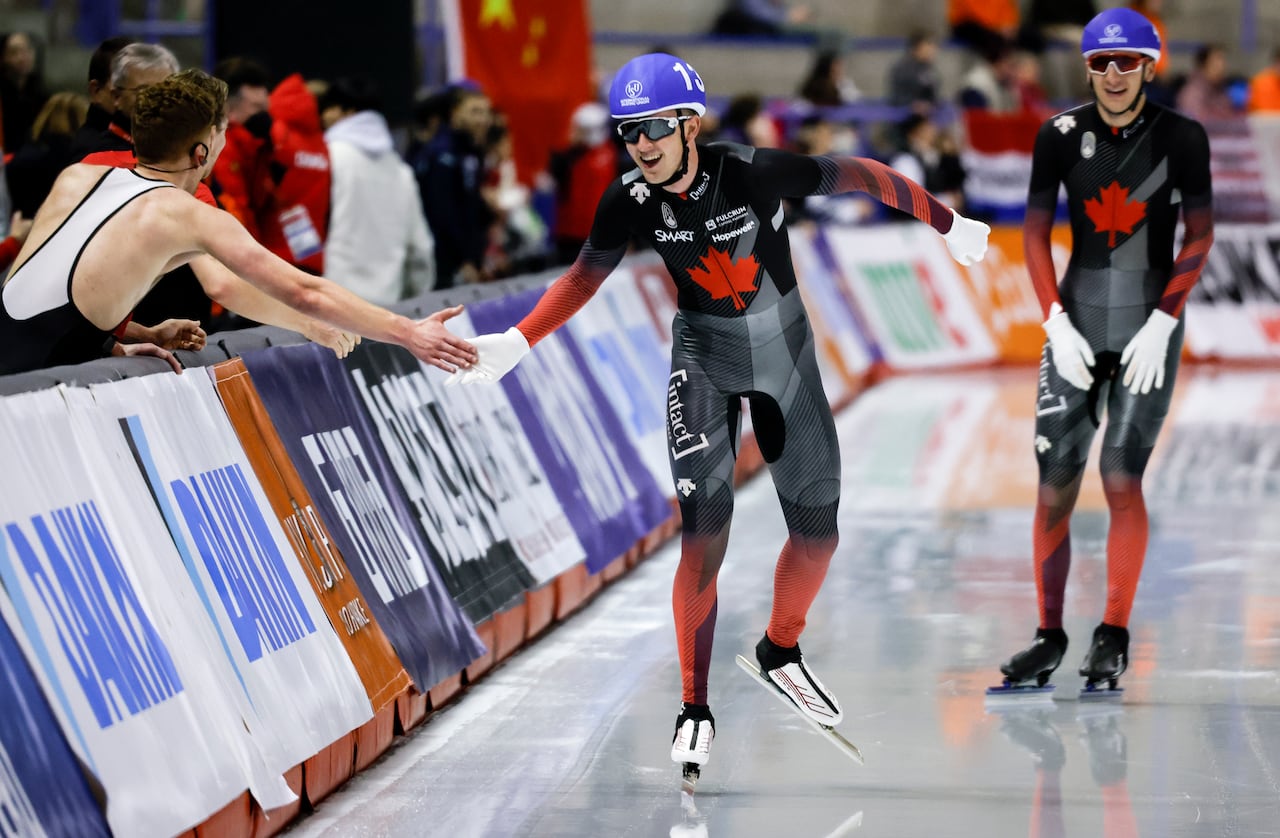
Travel costly for bobsleigh team
In the case of bobsleigh, for example, many of those events take place in Europe. For one athlete to take part in one competition, there must be — at minimum — flights for the athlete, shipping for the sled, hotels and daily costs paid for by someone. Now add teammates, coaches and support staff, and that number increases exponentially.
Tran said his organization will spend over $150,000 this season just to ship sleds to competitions. Not to mention a minimum cost of around $45,000 per sled to begin with, according to Tran.
And then consider that nearly every dollar BCS takes in comes in Canadian currency. As of mid-October, 1 euro was worth $1.63 Cdn.
Extrapolate that over multiple events and multiple NSOs and the numbers are startling: this summer, 18 NSOs projected to spend a combined 16.8 million euros for training and competition — or $24.7 million Cdn.
The losses on foreign exchange alone, just across those NSOs, add up to a bottom-line impact of nearly $8 million, or $444,444 per NSO.
“We’re international sporting bodies and yet 100 per cent of our money comes in Canadian and a whole bunch of it goes out in another currency,” Bartlett said. “So those are realities too that simple math when you break it down that way, it’s eye-opening, but very rarely is the case presented that way.”
Of course, exchange rates will always exist. But it remains a cost that, to date, is being mostly overlooked at many levels of the Canadian sport system.
And then there is an expense that only surfaced in the last half-decade or so.
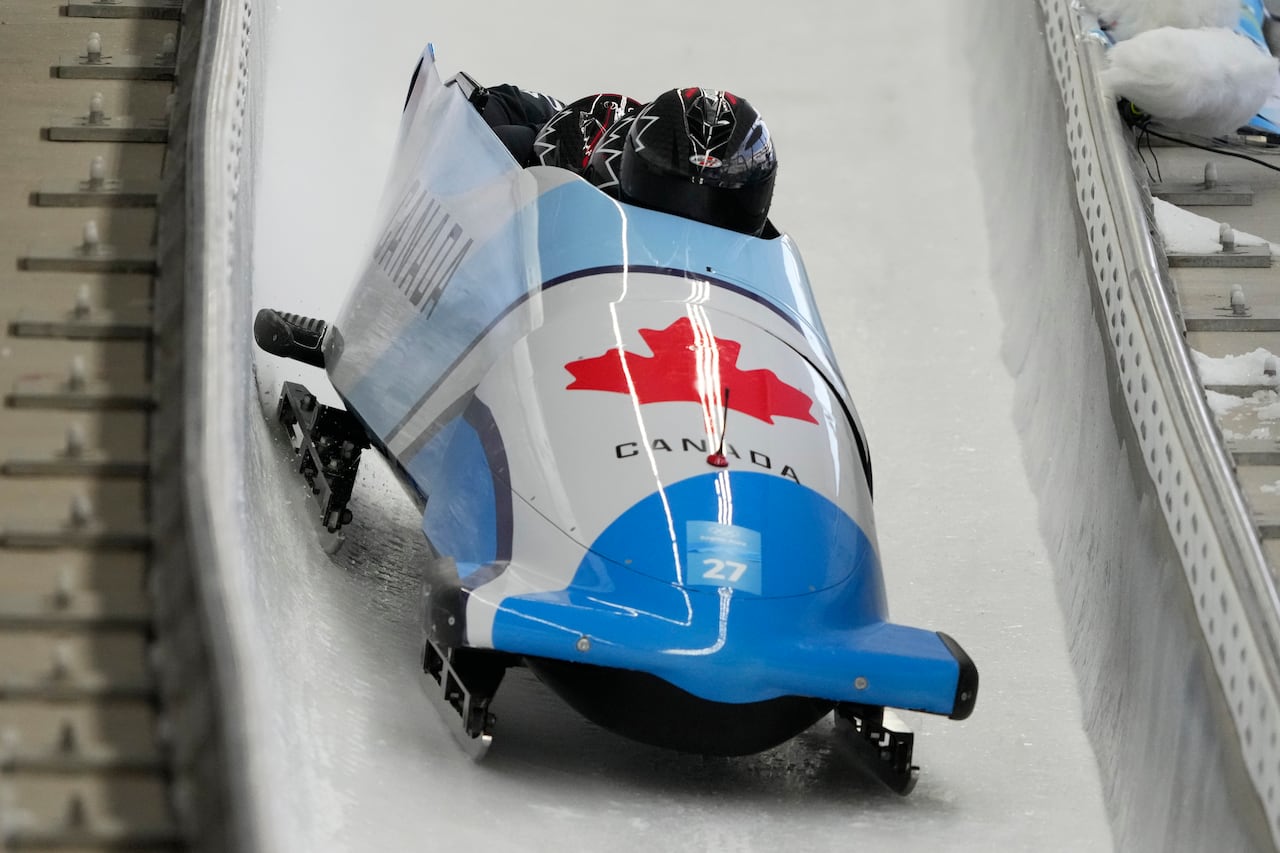
Safe-sport crisis
The safe-sport crisis came to light amid the pandemic as many athletes spoke out on abusive behaviour by coaches and others. The issue has not gone away.
“Maltreatment in sport, including physical punishment, sexual assault, training while injured, humiliation, intimidation, isolation tactics, failure to provide medical care, discrimination and exploitation continue to permeate at all levels,” Justice Lise Maisonneuve, who leads the Future of Sport in Canada Commission, said in August.
On Monday, van Koeverden announced that Canada’s Olympic and Paralympic athletes and coaches will get $3.11 million in funding for mental health services this winter.
But combatting safe sport comes with a price – general oversight, independent bodies to which athletes can report, insurance and training must be established at every level.
The COC invested $10 million into creating a national safe-sport policy.
While multiple sources pointed to safe sport as an extra financial strain, none suggested it should be forgotten or even toned down.
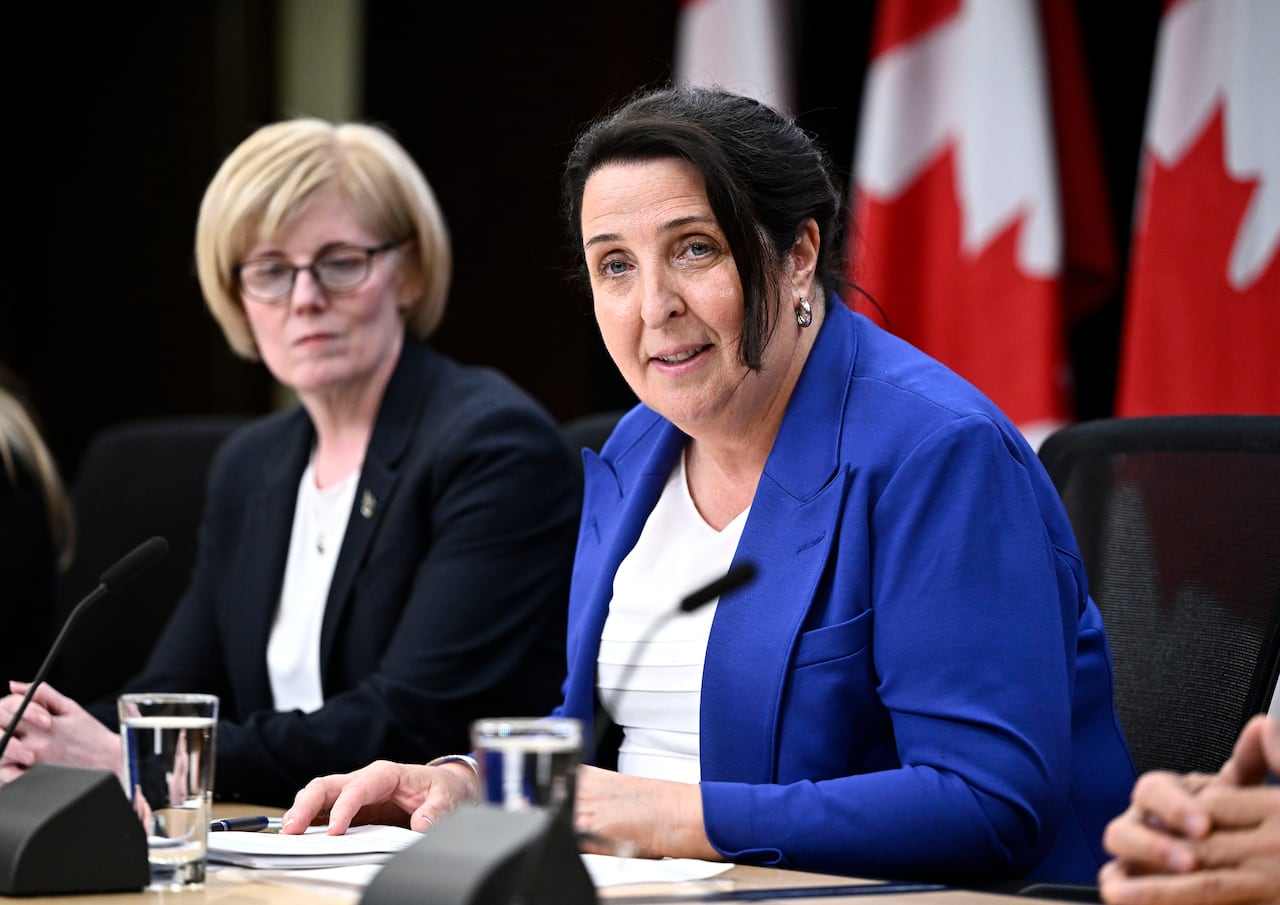
But not only did the safe-sport emphasis create extra monetary issues — the crisis itself made Canadian sport a much tougher sell to investors like the federal government.
“I think that it really caused the leaders of national sports organizations to prioritize what they were doing and get their houses in order first,” Shoemaker said. “We certainly saw that when you’re advocating for the government to make greater investment in the sports system, you have to convince them that they’re investing in a sports system that’s worth investing in.”
Indeed, that battle has now persisted for 20 years. But while limited government funding is one major issue, it is among many factors that have contributed to the state of financial disarray currently embroiling Canadian sport.
This three-part CBC investigation into the Canadian sport funding crisis will conclude with Friday’s examination on possible solutions.




